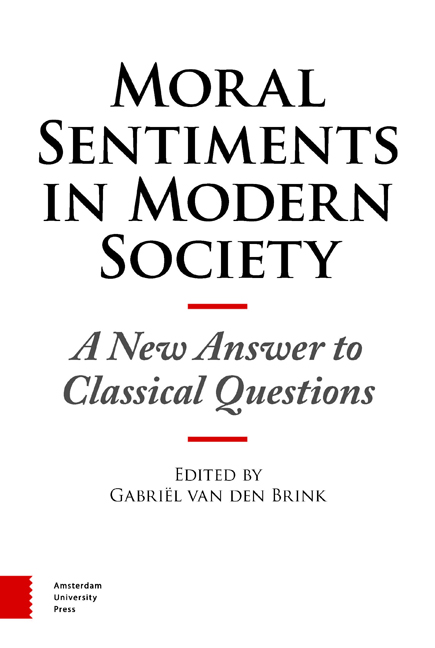Book contents
10 - Europe and Modern Morality
Published online by Cambridge University Press: 02 February 2021
Summary
We can imagine that some readers have now lost track of things. We began this book by asking a simple question: how are modernity and morality interrelated? Up to this point, we have turned everything upside down without coming up with a convincing answer. Hopefully, it is at least clear that a number of accepted ideas about the relationship are not at all tenable, such as the idea that modernisation always results in an erosion of moral values, or the opposite idea that modern societies are morally superior to more traditional societies. We saw that the work of modern professionals does not automatically preclude the cultivation of moral values. However, it was also noted that the public realm and moral commitment are not necessarily in alignment. In the following chapter, we try to bring some order to this mishmash of observations. This chapter has the more modest task of sketching the position that the Netherlands occupies in comparison to other European countries.
For such a comparison, it is useful to recall the forms of moral commitment identified at the end of chapter 2. We maintained that the evolution of moral sentiments has gone through two developments. The first is that the circle in which moral sentiments were shaped gradually expanded. While that circle did not initially extend beyond the local community or city, moral sensitivity took on a national form in the course of the nineteenth century, only to develop subsequently into a sentiment that in theory can be mobilised on a global scale. This development is shown in figure 10.1, which makes a distinction between the micro, meso and macro levels. The second development is that moral values also evolved in terms of content. While values were initially affiliated with the sacred register, with the progress of modernisation the register of social values was added, and in the last quarter of the twentieth century more vital values emerged. The combination of both developments yields the nine different forms of moral commitment shown in figure 10.1. As a result, moral sentiments may alternatively relate to such fields as spirituality, democracy, humanity, brotherhood, professional life, society as a whole, intimate life, lifestyle and experiencing nature or naturalism.
- Type
- Chapter
- Information
- Moral Sentiments in Modern SocietyA New Answer to Classical Questions, pp. 319 - 346Publisher: Amsterdam University PressPrint publication year: 2016



